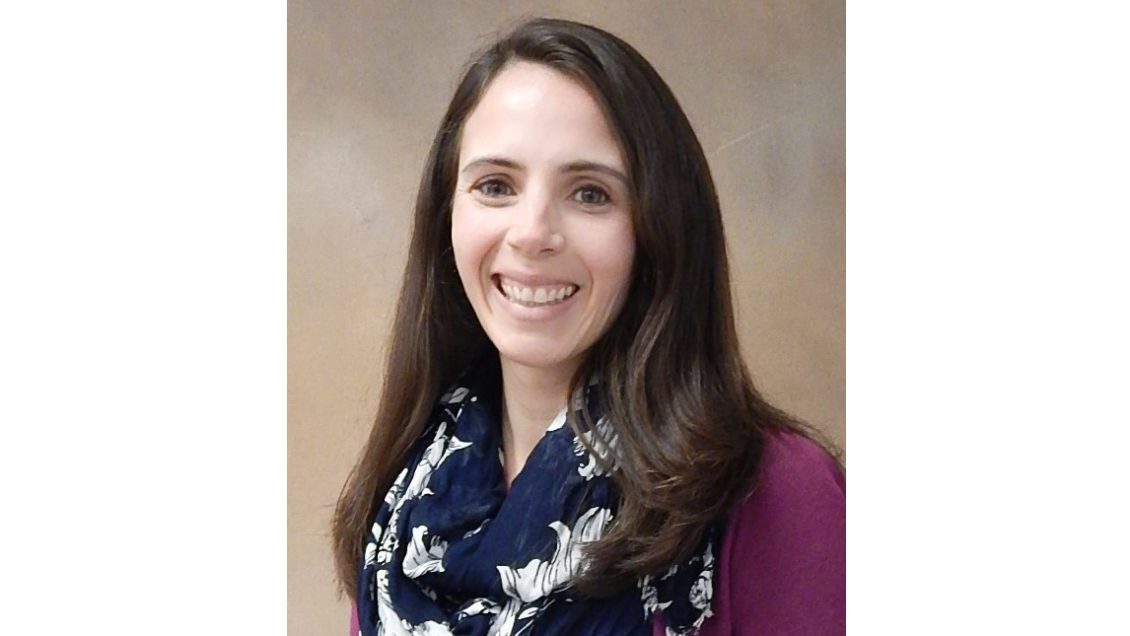The decision by Clemson University and the College of Business to pull students from study abroad locations in early March was viewed as proactive by the international education community, according to a podcast by an Ireland-based non-profit that promotes cross-cultural learning.

Gaby Peschiera, assistant director for Global Engagement in the College of Business’ Office of Career and Global Engagement (formerly Student Enrichment), was the featured guest of Learn International, the Dublin-based education-abroad provider.
Host Chris Lawlor, co-founder and CEO of Learn International, questioned Peschiera on Clemson’s decision to recall more than 385 students worldwide at the outbreak of the COVID-19 pandemic. Learn International works with universities and other educational institutions to develop and deliver study abroad programs globally.
“Clemson was one of the first institutions to pull its students from all locations abroad,” Peschiera told Lawlor. “Most universities were just focusing on pandemic hotspots, such as China, South Korea, and Italy early on, but the University’s Emergency Operations Center (EOC) made the decision to bring all students home, which turned out to be the right decision.”
Though the early student recall decision was met with angst by some parents and students, others were grateful given the global travel issues the pandemic created in following weeks,” Peschiera said. “Statewide, my peers were watching our decisions through social media channels, and it became clear some universities were getting pressure to remove students because of our decision.”
Peschiera told Lawlor the College of Business had 124 students studying in international locations at the pandemic’s outbreak and that the EOC’s early action helped avoid problems encountered by students at other universities that didn’t make their recalls earlier.
“Clemson was out front in making the decision to recall students early on. Because of the resulting travel restrictions, it would have been harder to come home if we had waited,” she said. “Our leadership team made the call on March 2 to bring all students home, which got us in front of travel lockdowns that were imposed as the pandemic spread globally.”
Peschiera told Lawlor that the College of Business had a team of 15 faculty and staff that collaborated in facilitating the return and continuing education of those students abroad, including the nearly 40 business students who were studying in Italy at the time.
“Initially, some parents of students in Italy were upset about the decision to bring their students home, but when we put that decision in context, and the way the global issue played out, those parents came on board and saw the scope of the issue,” she said. “The entire process was quite taxing and didn’t just include bringing back students mid-semester. Once home, we had to develop plans for how their academic needs were going to be met to finish out the semester and for them to receive their credits.”
If there is any silver lining to the international academic hardships caused by the pandemic, Peschiera said it provided Career and Global Engagement the opportunity to think outside its traditional parameters.
“It forced us to look at the way we do things differently. Though all study abroad programs have been canceled for the fall semester, we are looking at international online formats that might have a potential travel component for the spring semester,” Peschiera added. “We are hoping things get back to business as usual for study abroad next summer, but in the field of international education we are going to have to be flexible and have alternatives for students to experience intercultural learning.”
One of those intercultural experiences, she said, may not involve leaving the country.
“It’s a misconception that you have to be abroad to experience different cultures. We are exploring domestic opportunities with multi-national companies based in the U.S.,” Peschiera said. “We want more partnerships with those companies in the U.S., and we’re also looking at service opportunities to complement the students’ learning experience.”
# # #
Get in touch and we will connect you with the author or another expert.
Or email us at news@clemson.edu

